
Almost one in two Greek households is forced to cover daily needs by borrowing. The financial crisis of recent years and the pandemic of job suspensions in several sectors of the economy since March 2020 have created a suffocating barrier for households, leading them to borrow so that they can survive.
It is characteristic, according to data from the Hellenic Statistical Authority (ELSTAT), that last year 46.5% of households stated to borrow to pay daily living expenses with the main source of financing being banks (loans and cards), while in daily expenses relatives and friends seem to be the lenders.
The suffocating conditions are also shown by the fact that 35.2% of the households state that they do not have savings.
The ESTAT data, which are included in the Household Income and Living Survey (EU-SILC), are part of a Community Statistical Program, in which all EU Member States participate and survey household living conditions and image of their borrowing.
Loans
Although 72% of households do not loan obligations, excluding any mortgage for the purchase of the main house, 28% are obliged to repay at least one loan, of which 19.6% one loan, 6 , 5% two loans, 1.7% three loans and 0.2% four loans.
In fact, the average amount owed, including interest and capital (excluding any mortgage for the purchase of the main residence), is estimated at 236.70 euros, while the corresponding amount for poor households is 174 euros and for non-poor households at 246.35 euros.
The main reason that households obtain a loan is the purchase of assets (including home furniture and appliances and interior decoration) at a rate of 56.3%, while it is noteworthy that 46.5 % is for the coverage of daily living expenses, 7.9% for education, 7.8% for transportation, 7.2% for vacations, 3.6% for medical care, 1.5% for personal loans to finance own business, a 1.4% for loan refinancing.
The main source of financing is the bank or some other financial institution at a rate of 99.2% through loans or credit cards, followed by the private source, ie relatives, friends at a rate of 1.7% or some other source at 0.2%.
However, the data show that for poor households, borrowing from relatives and friends covers a percentage of 37.4%, a fact from which one can conclude the difficulty of accessing the banking system.
As for the debts of households in mortgage loans of the main residence maintained by households on average are estimated at 39,516 euros, while the corresponding amount of poor households at 29,436 euros and non-poor households at 41,297 euros. However, four out of six households (40.7%) state that they own some real estate outside the main residence.
What savings?
At the end of a typical month, households save money at a rate of 37.4%, while 27.3% are in need of spending from their savings (whether it is bank deposits or money kept at home), in 16, 3% are in need of borrowing from third parties and 18.9% neither save nor are in need of disbursement or borrowing.
Only 9.4% can save, 30.1% are forced to spend savings to make ends meet, 37.4% are borrowed from friends and relatives.
When asked how long it would be possible for a household to maintain its current standard of living by using its savings alone (in bank accounts or at home), 33.4% of households said in less than 3 months, 17.3% from 3 to 6 months, 8.2% from 7 to 12 months and only 5.9% for more than 12 months, while 35.2% did not have savings so they do not have room to cover daily expenses.
Latest News

Corruption Still Plagues Greece’s Driving Tests
While traffic accidents continue to claim lives on Greek roads daily, irregularities and under-the-table dealings in the training and testing of new drivers remain disturbingly widespread

Pope Francis Died of Stroke and Heart Failure Vatican Confirms
As news of the official cause of death spread, tributes poured in from across the globe. The 1.4 billion-member Catholic Church is united in grief, remembering a pope who championed inclusion, justice, and compassion

Increase in Both Museum Visits, Revenues for 2024
As expected, the Acropolis was the top archeological site in the country, followed by Sounion, Mycenae, the ancient theater of Epidaurus, and Vergina in northern Greece

Where Greece’s Tourists Come From: A Look at 2025’s Top Visitor Markets
The United Kingdom continues to hold the top spot as the largest source of incoming tourism, with 5.6 million seats booked for Greece this summer — up 2.2% from last year. This accounts for 20% of all international air traffic to Greece

Pope Francis: A Pontiff Who Reshaped the Papacy and Sparked a Global Conversation
His first words from the balcony of St. Peter’s Basilica—“Brothers and sisters, good evening”—set the tone for a pontificate that would challenge norms, favor mercy over dogma, and bring the papacy closer to the people.

When Blue Skies was Unmasked as ND’s Political ‘Slush Fund’
The fact that so many top New Democracy (ND) party cadres were paid by the firm Blue Skies, owned by Thomas Varvitsiotis and Yiannis Olympios, without ever citing this publicly, raises very serious moral issues, regardless of the legality

Greek Women’s Water Polo Team Top in the World after 13-9 Win Over Hungary
The Greek team had previously defeated another tournament favorite, the Netherlands, to reach the final.

S&P Raises Greek Rating; BBB with Stable Outlook
S&P’s decision raises the Greek economy to the second notch of investment grade ladder, at BBB with a stable outlook.
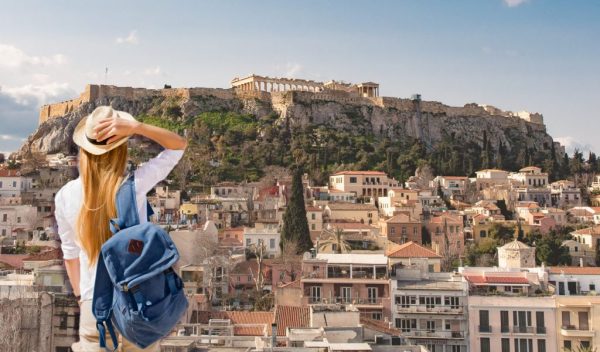
Greek Tourism Optimistic About Demand from American Market
A recent survey by MMGY Global, conducted from April 3–5 with a sample of 1,000 U.S. adults, found that 83% of Americans still intend to take leisure trips over the next 12 months, a slight drop from 87% in late February

New Exposé by Domumento Reveals Nefarious Triangular Link of ‘Black Money’ with New Democracy, Blue Skies, & Truth Team
The latest exposé by the Documentonews.gr news site lays bare what appears to be a surreptitious path of indirect financing of ND through the business sector—transactions that, as widely understood, rarely occur without expectations of reciprocal benefit










![Πλημμύρες: Σημειώθηκαν σε επίπεδα ρεκόρ στην Ευρώπη το 2024 [γράφημα]](https://www.ot.gr/wp-content/uploads/2025/04/FLOOD_HUNGRY-90x90.jpg)


![Ξενοδοχεία: Μεγάλο το ενδιαφέρον για επενδύσεις στην Ελλάδα – Η θέση της Αθήνας [γραφήματα]](https://www.ot.gr/wp-content/uploads/2025/03/Athens-hotels-90x90.jpg)


![Airbnb: Πτωτικά κινήθηκε η ζήτηση τον Μάρτιο – Τι δείχνουν τα στοιχεία [γράφημα]](https://www.ot.gr/wp-content/uploads/2024/07/airbnb-gba8e58468_1280-1-90x90.jpg)









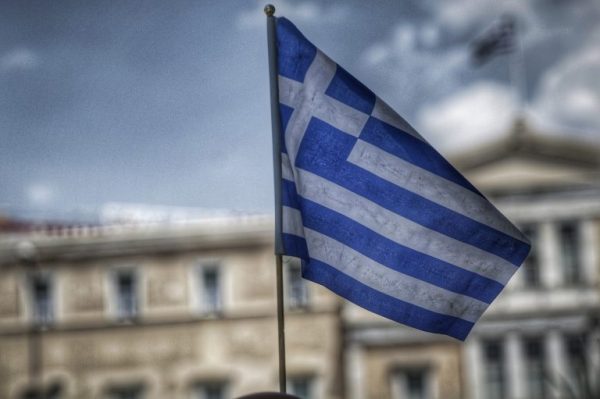
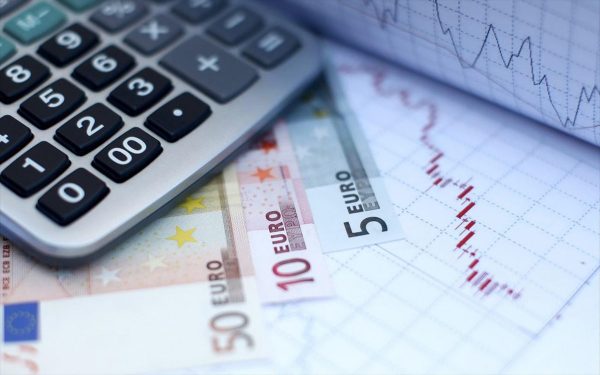




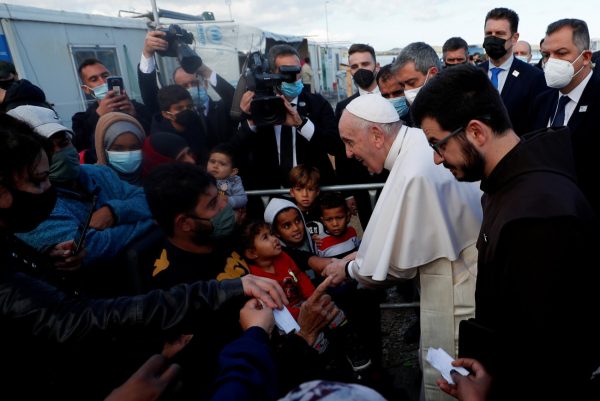

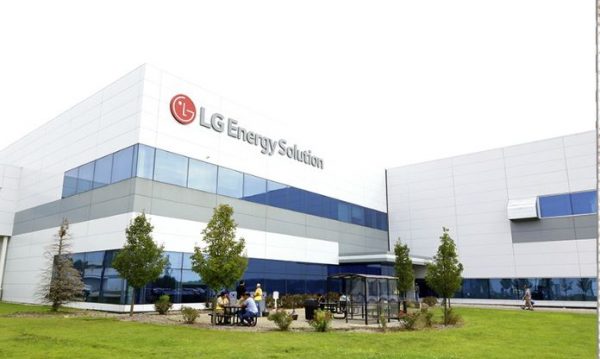




![Ξενοδοχεία: Μεγάλο το ενδιαφέρον για επενδύσεις στην Ελλάδα – Η θέση της Αθήνας [γραφήματα]](https://www.ot.gr/wp-content/uploads/2025/03/Athens-hotels-600x399.jpg)


 Αριθμός Πιστοποίησης
Αριθμός Πιστοποίησης